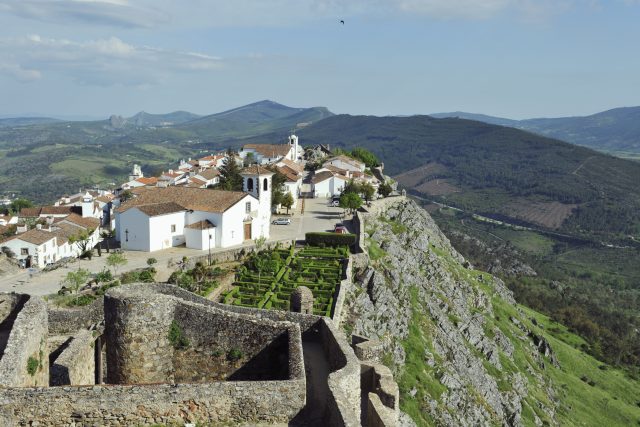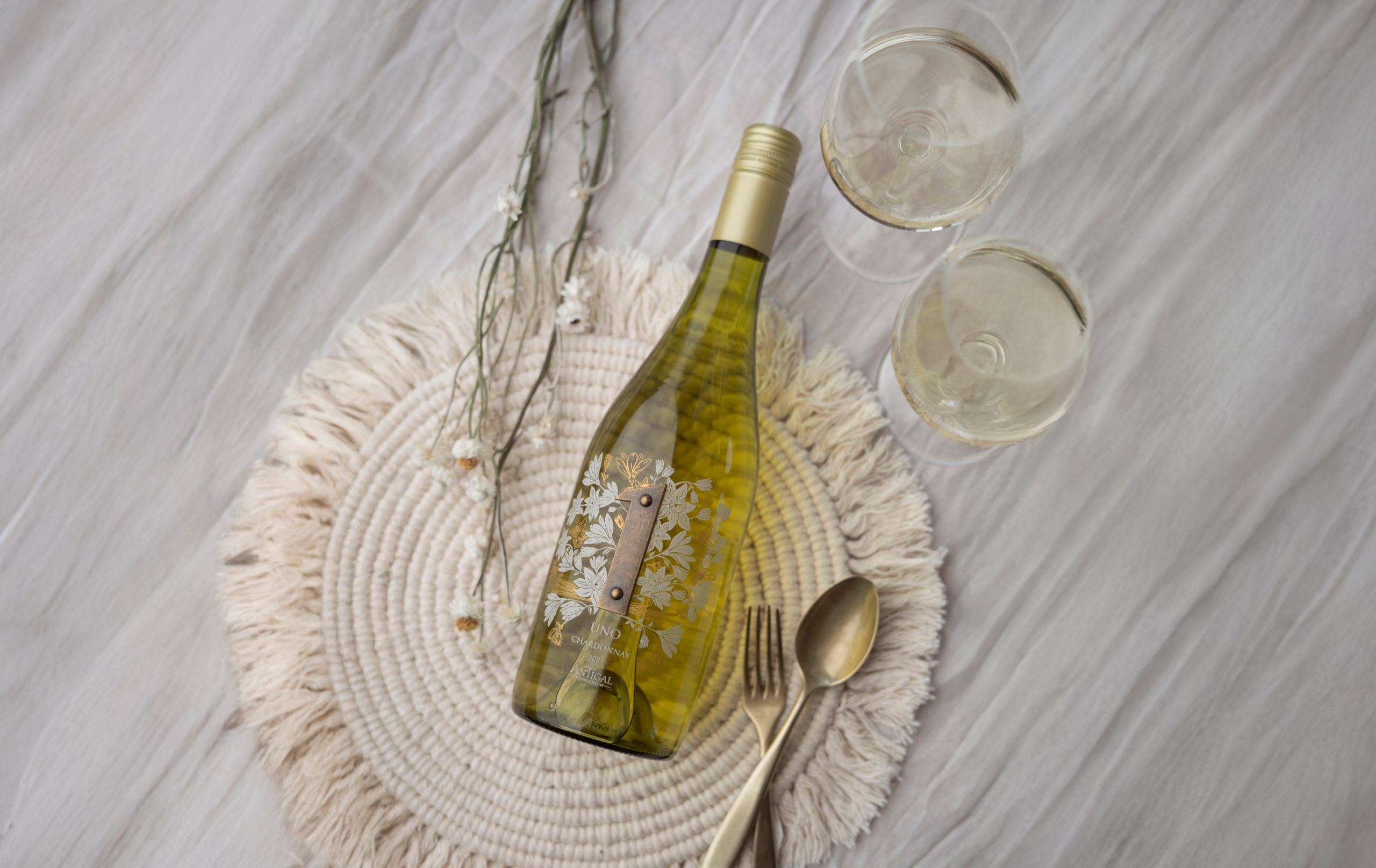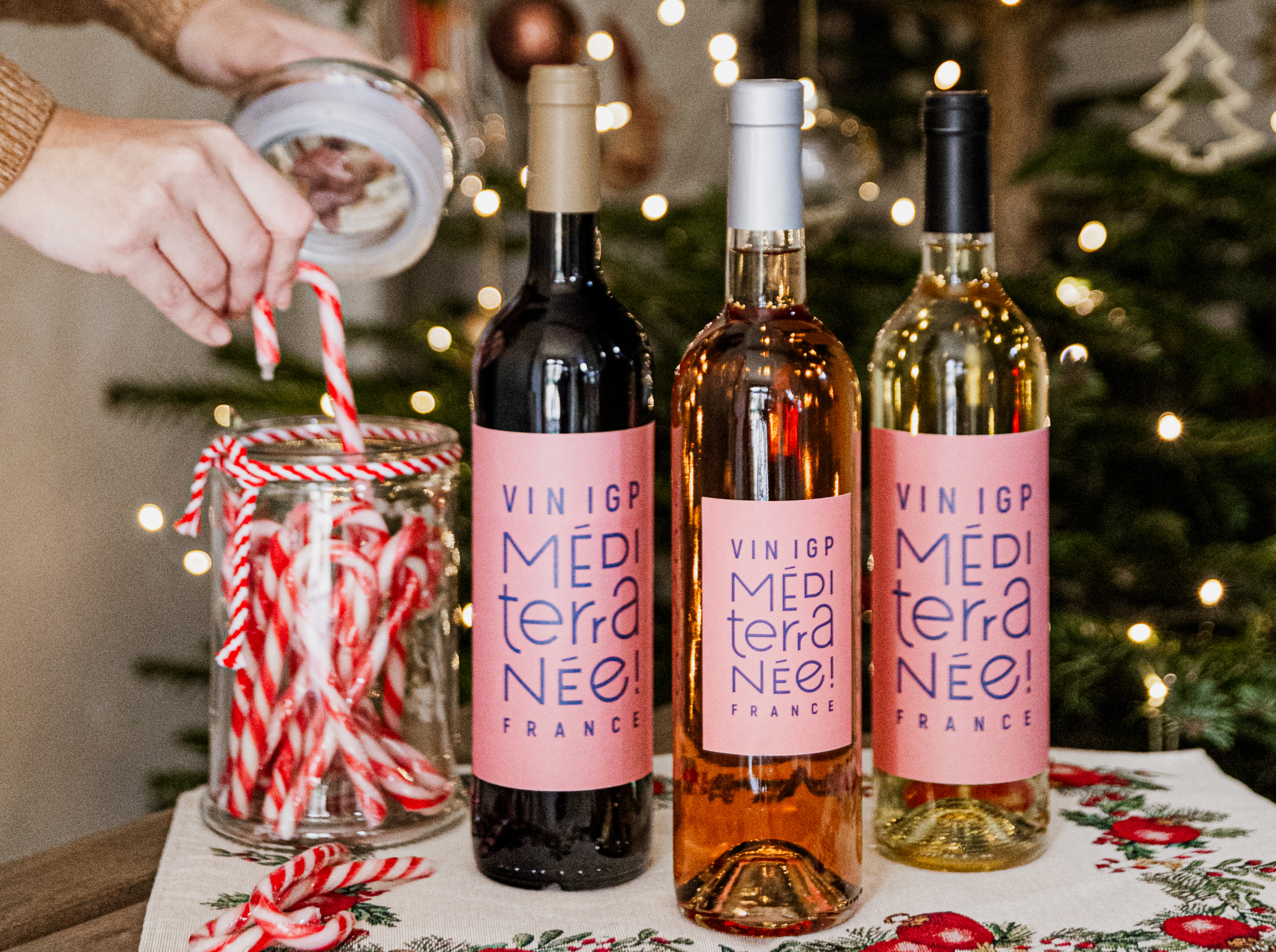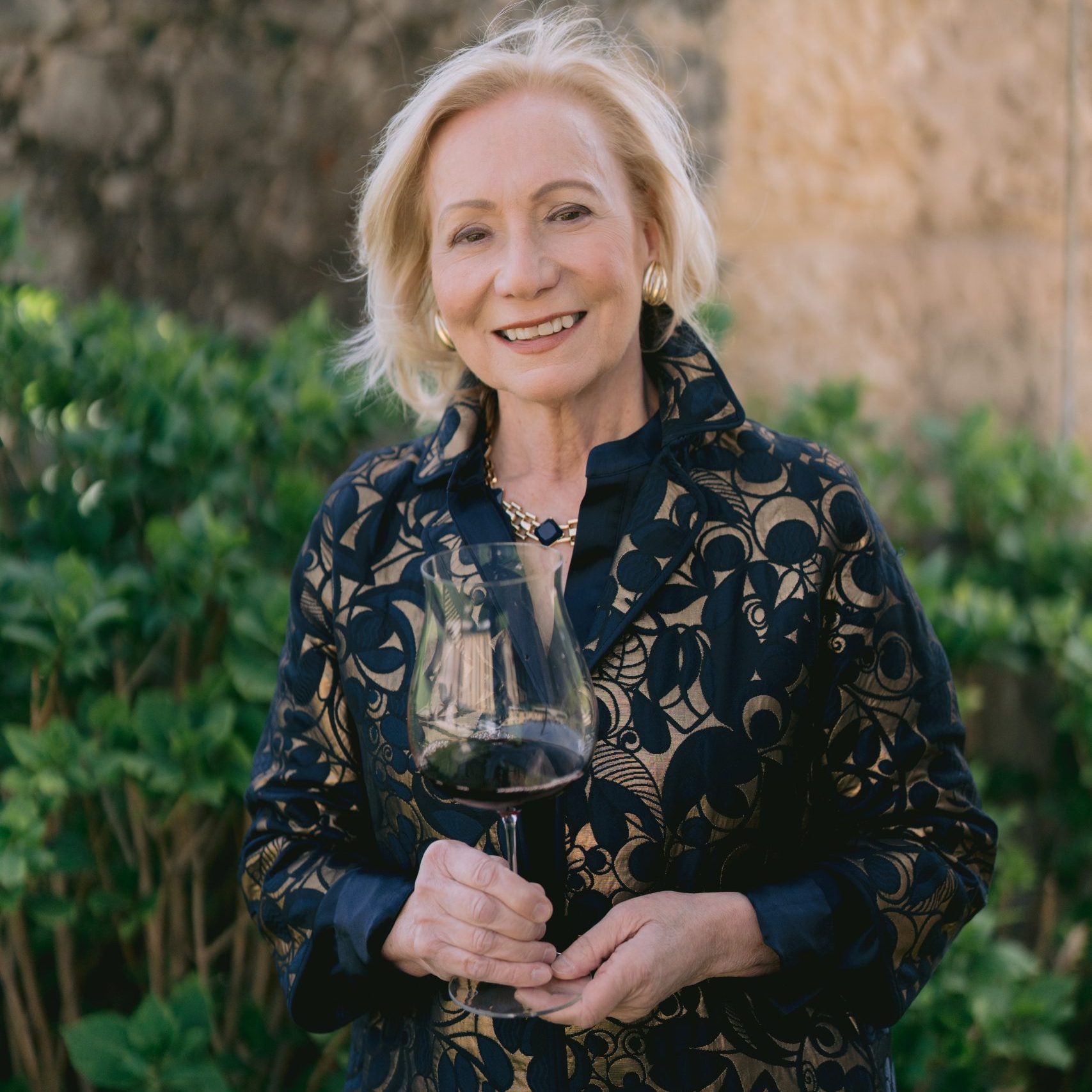How successful is Portugal’s WASP programme?
On 14-15 October, London will host the inaugural ‘Sustainability in Drinks’ conference, with Portugal’s WASP initiative one of the topics up for discussion, writes L.M. Archer.

The award-winning Wines of Alentejo Sustainability Programme (WASP) will be one of the focuses for a panel discussion due to take place at this month’s Sustainability in Drinks conference.
Launched in 2015, WASP aims to improve the environmental, social, and economic performances in wine for the Portuguese region of Alentejo.
Today, 670 winegrowers participate in the voluntary initiative managed by the Alentejo Regional Wine Growing Commission (CVRA – Comissão Vitivinícola Regional Alentejana). All told, WASP encompasses 13,972 ha. (34,525 ac.), or approximately 59% of Alentejo’s total vineyard area.
“At Esporão, the WASP programme has indeed been a significant part of our sustainability journey,” says Rui Flores, agricultural manager at Esporão. Founded in
1985, estate sprawls among the montado ecosystem (cork oak forests) within Reguengos de Monsaraz.
“However, it is important to note that many of the practices promoted by WASP were already deeply embedded in our philosophy, long before the programme’s inception,” Flores adds.
“The programme has helped formalise and confirm the efforts we have been making in the winery and vineyard, providing a framework that not only recognises
what we’ve achieved, but also encourages us to continue improving.”
Review, improve, include
This ethos of continued improvement led WASP to partner with World Wildlife Federation (WWF) Portugal and the University of Évora to develop WASP 2.0 in 2023.
“WASP was launched in 2015 and, therefore, it was time to review its contents to improve, add, adapt and make the system even more inclusive,” says João L. Barroso, WASP director of sustainability, research and development.
Why collaborate with WWF? “When we looked at improving criteria in biodiversity, nature-based solutions, ecosystems services, and nature conservation, we immediately thought of challenging WWF Portugal to bring all its experience and knowledge, and increase the level of demand and credibility that has guided WASP since the beginning,” Barroso explains.
In doing so, the joint project raised international awareness of WASP, and garnered the prestigious VinExposium 2024 V D´Or ‘Best Joint Initiative Award.’
Partner Content
WASP 2.0 revamped 171 existing evaluation criteria, and created 29 new ones. New criteria account for resilient grape varieties and genetic diversity, production resource efficiencies, responsible consumer wine consumption, and social integration of people with disabilities. The redux also includes two new chapters: “Resilience and adaptation to climate change,” and “Circular Economy.”
In keeping with WASP’s ‘continual improvement’ mantra, CVRA rolled out Portugal’s first sustainable production seal in 2020. The bottle seal guarantees that certified producers abide by various sustainability practices, such as resource management, renewable energy use, biodiversity, and social betterment. Successful certification requires independent verification by a third party adhering to the Portuguese System for Quality (SPQ).
Presently, 24 certified producers among WASP’s membership carry the Sustainability Production Seal, representing 33% of Alentejo’s planted area, and 39% of its produced wine.
“Year after year, we have been perfecting processes and, in addition to the environmental benefits, we guarantee our producers remarkable economic
advantages,” Barroso says.
Some members save thousands of euros through dematerialization strategies, like light-weighting bottles, and eliminating secondary packaging colours and varnishes. Moreover, many members enjoy up to 60% reduction in cellar water costs, and up to 40% in energy costs through resource efficiency schemes.
Preserving for the future
WASP delivers other advantages, too. “One of the most direct impacts of WASP on Esporão is how it reinforces our biodiversity initiatives,” says Flores.“Our winery is surrounded by natural habitats, and we have long worked to enhance and protect the local ecosystems.”
In addition to cork oak forests and organic vineyards, Esporão manages olive groves, orchards, and kitchen gardens. Biodiversity initiatives vary, from maintaining wildlife corridors, preserving native species, and integrating agroforestry, to encouraging natural pest control. “WASP has been instrumental in validating these initiatives, ensuring they are recognised as essential to the future of sustainable winemaking,” stresses Flores.
Other WASP members concur. “We’ve proudly been members of WASP since the beginning, with sustainability at the core of our efforts,” says António Cavalheiro,
enologist for Herdade Aldeia de Cima (HAC) winery and vineyard, founded in 2019. HAC straddles the Serra do Mendro, one of Iberia’s oldest geological zones. In 2024, HAC celebrated their first 100% certified organic harvest.
“At Herdade Aldeia de Cima, sustainability means respecting the land,” Cavalheiro says. “Our work goes beyond minimizing chemical use, to regenerating the unique ecosystem of Serra do Mendro, increasing biodiversity, and ensuring the well-being of all those who live and work on the estate.”
Ultimately, HAC views agroforestry resource management long-term, carefully balancing agriculture, forestry, and grazing throughout the cork and holm oak woodlands. “These trees provide essential resources for soil conservation, water regulation, carbon sequestration, and wildlife habitats,” concludes Cavalheiro. “By investing in this rural region, we aim to not only enhance its development, but also preserve its natural and cultural heritage for future generations.”
Related news
Belief and boldness: Luísa Amorim on Portugal’s future




